PCT3: Upstate New York Workshop in Modern Philosophy (UNYWMP)
About
The Upstate New York Workshop in Modern Philosophy (UNYWMP) is a group of philosophers from the upstate New York area who work in 17th-19th century philosophy, and who convene several times each semester to present and discuss works in progress.
Open to New People
Active since: 2013
- Syracuse University
- Cornell University
- University of Rochester
- Skidmore College
- Union College
Collaborative Goals
Our main goal is to foster collaboration between scholars in modern philosophy in upstate New York and neighboring areas, in research and teaching alike, and to enable Corridor graduate students studying modern philosophy to engage with scholars from institutions other than their own. We hope to increase the visibility of central NY state as a center of excellence in modern philosophy – home to a cluster of institutions with accomplished scholars working in the area.
Group Organizers
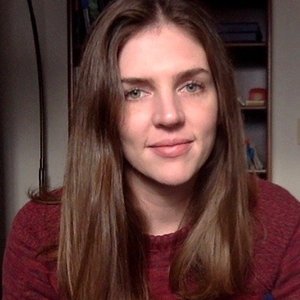

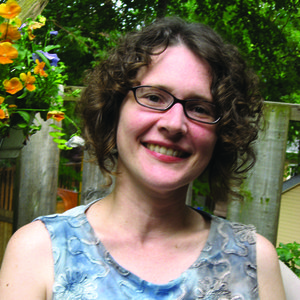
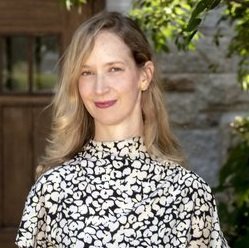
Karin Nisenbaum
Renée Crown Professor in the Humanities and Assistant Professor, Philosophy, Syracuse University
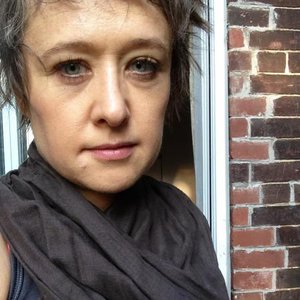
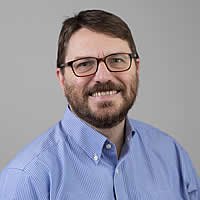
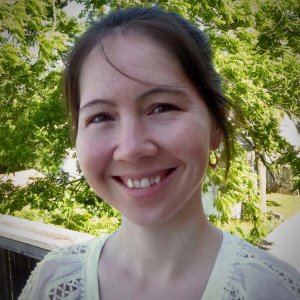
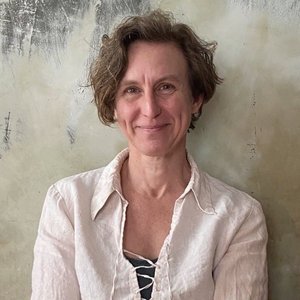
Activities
Workshop on Women Philosophers
April 12, 2025, 10 a.m.
Workshop on Modern Philosophy
Sept. 20, 2024, 4:30 p.m.
Modern Philosophy Workshop
March 30, 2024, 9 a.m.